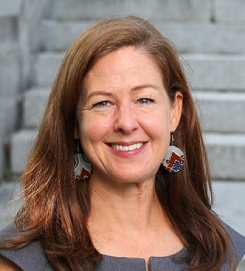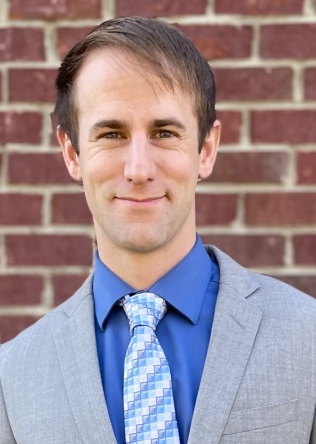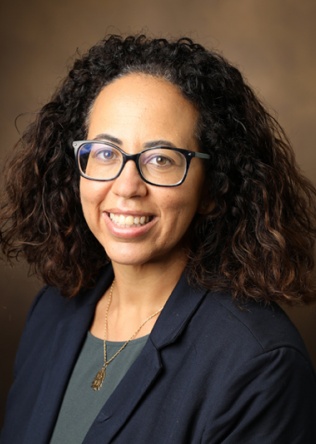Peter Lane, BA
Pete Lane serves as a Program Manager working with Dr. Ritu Banerjee on the Global Action in Healthcare Network (GAIHN) on the Antimicrobial Resistancemodule in hospitals in Greece. Pete recently retired as an Army Major, where he held the roles of Senior Program Manager for the U.S. Special Operations Command’s Civil Affairs Brigade, Director of Special Operations Forces (SOF) in the U.S. Embassy in Nepal, Assistant Director of SOF and Liaison for USAID in the US Embassy in the Philippines and a lead defense advisor for both US Ambassadors. He developed and managed classified operations and training initiatives for a 1500-person organization while partnering with friendly nations, academic institutions and headquarters. He supervised cross-functional teams, community outreach projects, and training programs that assisted vulnerable populations in building resilience in Mindanao and Marawi. Pete has worked with the Nepali Government, USAID, and the interagency to assist vulnerable population centers in Covid-19 response and educational programs. Pete attended the Defense Language Institute Foreign Language Center's Korean School, served in countries across the Pacific and Europe, earned a B.A. in history, and was commissioned from Cornell University in 2012. He enjoys teaching chess, rock climbing, and doing Jiu-Jitsu in his spare time.
Rebecca “Ribka” Berhanu, MD
Global Health Research Interests: TB, TB/HIV co-infection, TB diagnostics, drug-resistant TB
Country: South Africa
Ribka Berhanu is an infectious diseases physician and clinical TB researcher. She is an assistant professor in the Department of Medicine at the Vanderbilt University Medical Center. She divides her time between Johannesburg and Nashville, working closely with the Perinatal HIV Research Unit and the Health Economics and Epidemiology Research Office of the Wits Health Consortium. Her clinical work in the US and South Africa focuses on the care of hospitalized patients with HIV and complex infectious diseases.
Berhanu’s research centers on TB transmission and the impact of molecular TB diagnostics. She is funded through an NIH K08 training grant to study the application of network analysis, geospatial analysis, and whole genome sequencing to understand non-household transmission of TB in South Africa.
Howard L. Curlin, MD
Hannah L. Brooks, MSc
Hannah graduated from the University of Alberta with an MSc in Public Health. She wrote her thesis on hospitalized patients' experiences utilizing an acute care needle and syringe program. She was most recently employed as a research coordinator within a research team integrated into a large, urban hospital and a data coordinator for several community-based supervised consumption services. In her free time Hannah enjoys cycling, gardening, and exploring sustainable ways to live and travel.





